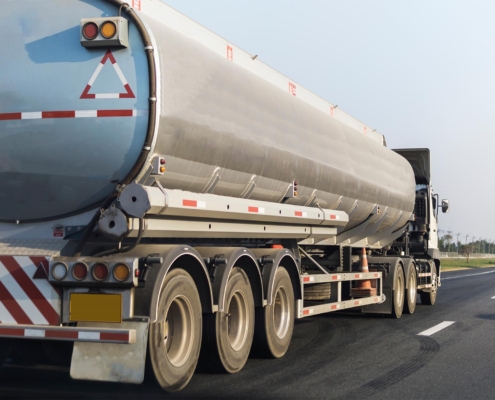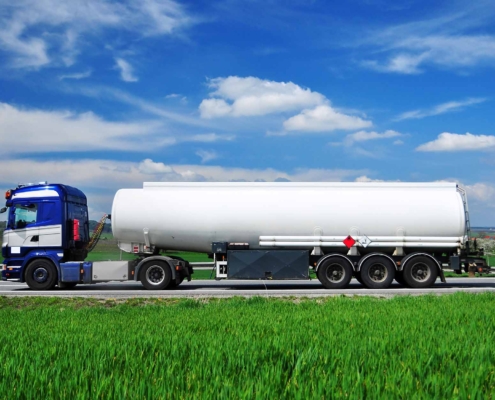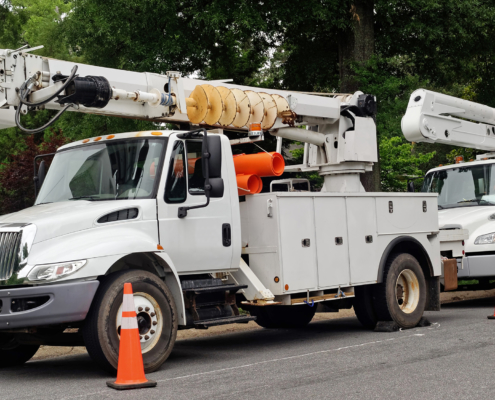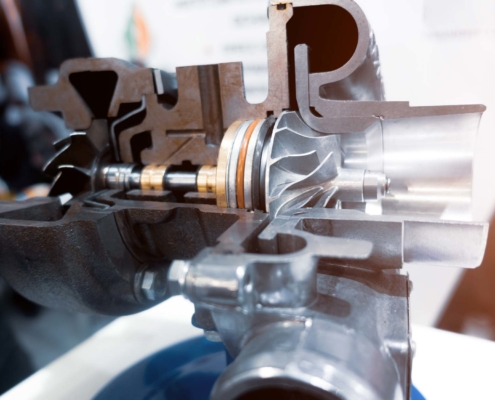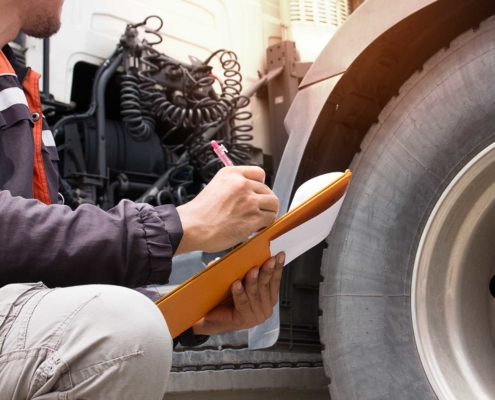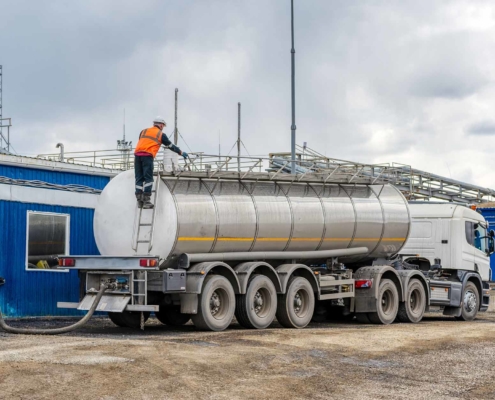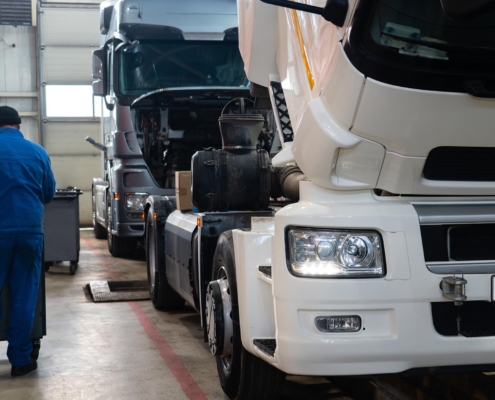Noise Considerations: Aluminum vs. Iron PTO Transmissions
Fleet managers and operations leaders hear a lot, literally and figuratively, when it comes to equipment performance. One of the most common pieces of driver or customer feedback involves noise. Whether it’s an annoying whine at idle or a louder-than-usual hum during operation, power take-off (PTO) transmissions can be surprisingly vocal. The material used in your PTO housing (aluminum or cast iron) plays a bigger role than many realize.


